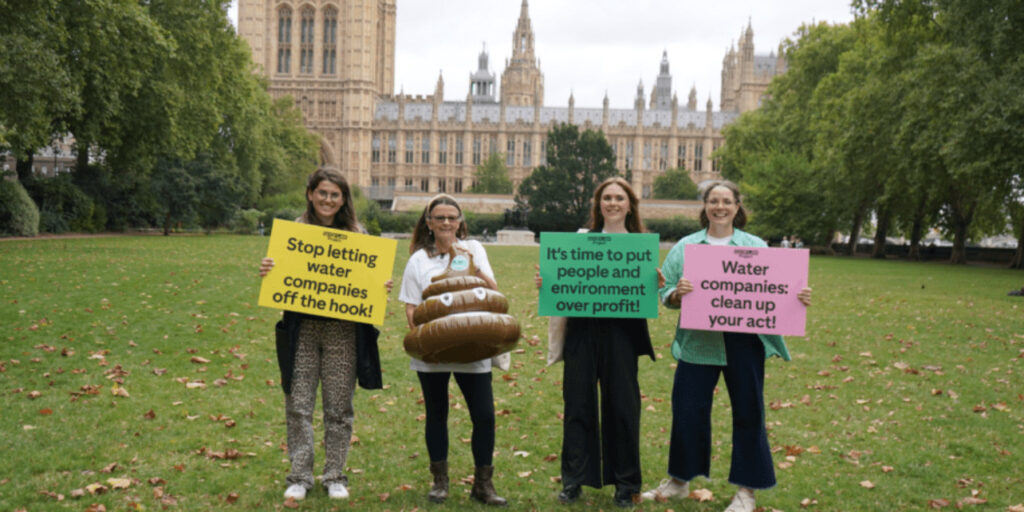Thames Water has been discharging large amounts of raw sewage into the River Thames, just a short distance from Parliament.
Over the past five years, storm overflows within half a mile of Downing Street have released sewage into the river for nearly 900 hours, raising serious concerns about pollution and government inaction.
Despite repeated promises to address sewage dumping, figures show that Thames Water has steadily released waste near the Palace of Westminster between 2020 and 2024.
Two of the sewer overflows in question are located next to a bust of Sir Joseph Bazalgette, the engineer behind London’s Victorian sewer system, highlighting the failure to modernise the infrastructure.
Campaigners argue that the government has failed to tackle the issue at its core, focusing instead on temporary fixes.
There is growing frustration that Thames Water has been allowed to pollute one of the UK’s most significant waterways while avoiding real accountability.
The problem extends far beyond central London. Data shows that Thames Water discharged raw sewage 23,000 times in 2023, amounting to almost 300,000 hours of pollution. This represents a 51 percent increase compared to the previous year.
Despite these alarming figures, Thames Water was still one of the least polluting water companies in 2024. South West Water was the worst offender, dumping sewage into UK waterways 56,000 times over 544,000 hours. While the total number of spills across the industry fell by 2 percent in 2024, the severity of these incidents increased, with pollution lasting a record-breaking 3.62 million hours.
Thames Water is relying on the £4.5 billion Tideway Tunnel, also known as the super sewer, to reduce sewage pollution in London. The company claims this project will cut the volume of discharges into the Thames by 95 percent in a typical year.
However, four out of the five storm overflows near Parliament will not be connected to the new system, meaning sewage dumping in central London is expected to continue for the foreseeable future. Critics believe that while the super sewer is a step in the right direction, it does not address the root causes of pollution or the failure of water companies to invest in long-term solutions.
Thames Water’s financial troubles continue to escalate, with its debt projected to reach £22 billion. The company has been allowed to borrow an additional £3 billion, raising concerns that customers will be forced to cover the costs through higher bills.
Government officials have condemned the latest sewage figures, calling for stronger action against water companies.
However, many believe that political pressure has not translated into meaningful change. While Parliament debates the future of the UK’s water industry, the public is left dealing with the environmental and financial consequences of ongoing mismanagement.


